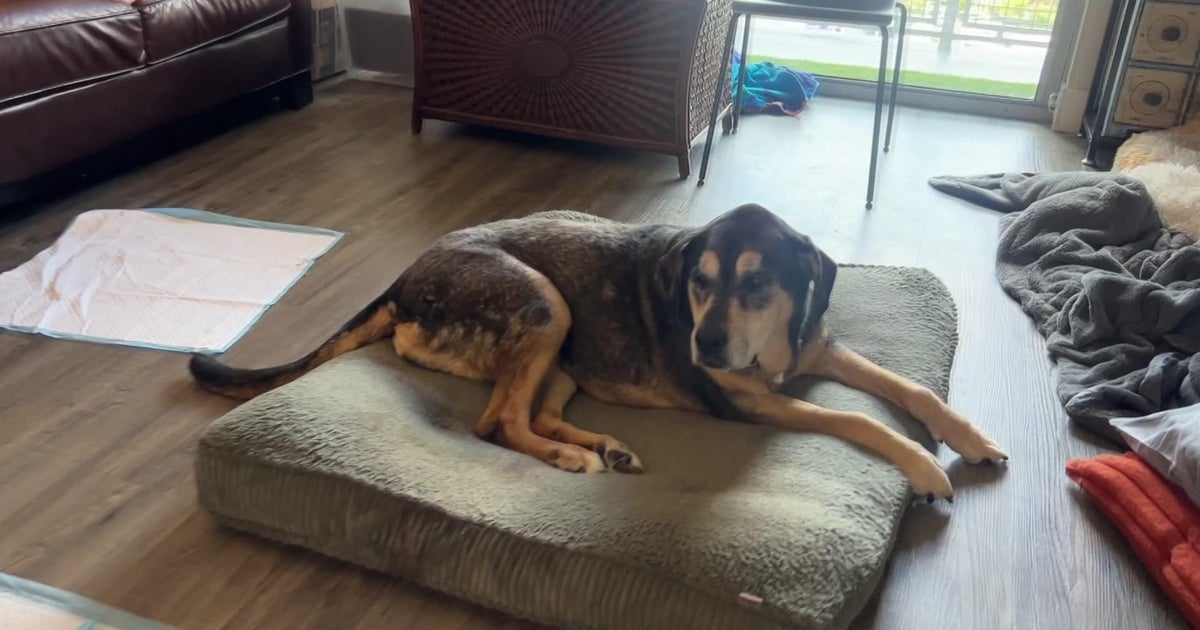A Miami woman is urging dog owners to take precautions after her 14-year-old pet was diagnosed with parvovirus, a highly contagious and sometimes fatal illness that veterinarians say can spread quickly in apartment complexes.
Owner says infection could have been prevented
“I mean I look into her eyes and it’s so hard because I know what’s coming and she doesn’t…um, it’s very sad and it’s preventable,” said Gilat Schwartz, owner of Bella, the dog diagnosed with the virus.
For 14 years, Bella was a lively, happy companion. But on Sunday night, Schwartz noticed something was wrong when she saw blood in Bella’s stool. Soon after, Bella began vomiting and showed signs of low energy—symptoms veterinarians say are common with parvovirus.
By Monday afternoon, Bella was placed in hospice care. Schwartz believes her dog contracted the virus in their apartment complex’s dog area.
“There’s people not picking up after their pets and they should take that seriously. We know that our pets don’t last as long as we do, but this way of her dying is just so unfair and unnecessary, and it could’ve been prevented,” Schwartz said.
Veterinarian explains how parvovirus spreads
Dr. Jen Garner, a veterinarian with Chewy Vet Care, said the illness spreads easily in areas where many dogs share outdoor space.
“It is spread through the stool, sometimes also through vomit, but since it is so highly contagious, it does not take a lot of virus particles to infect the dog that is susceptible,” Dr. Garner said. “So when they go in and just walk across an area that has been contaminated, even if the poop has been removed, and they lick their paw, that can actually transmit the virus.”
Dr. Garner said parvovirus attacks a dog’s intestinal tract and can survive in soil or grass.
“The virus, if not treated, is up to 90% fatal. With treatment, it can have a 90% cure rate,” she said.
Veterinarians stress prevention
Veterinarians say prevention is the most effective protection against parvovirus.
“Simply because Parvo is not the only thing they can get. They can also pick up an intestinal parasite, other bacterial diseases, and overall it’s just not a sanitary condition,” Dr. Garner said.
Experts advise keeping vaccines up to date, picking up after pets and avoiding areas where stool is present.
For Schwartz, sharing Bella’s story is about warning others. She said she hopes pet owners will take the virus seriously and protect their dogs from unnecessary suffering.



